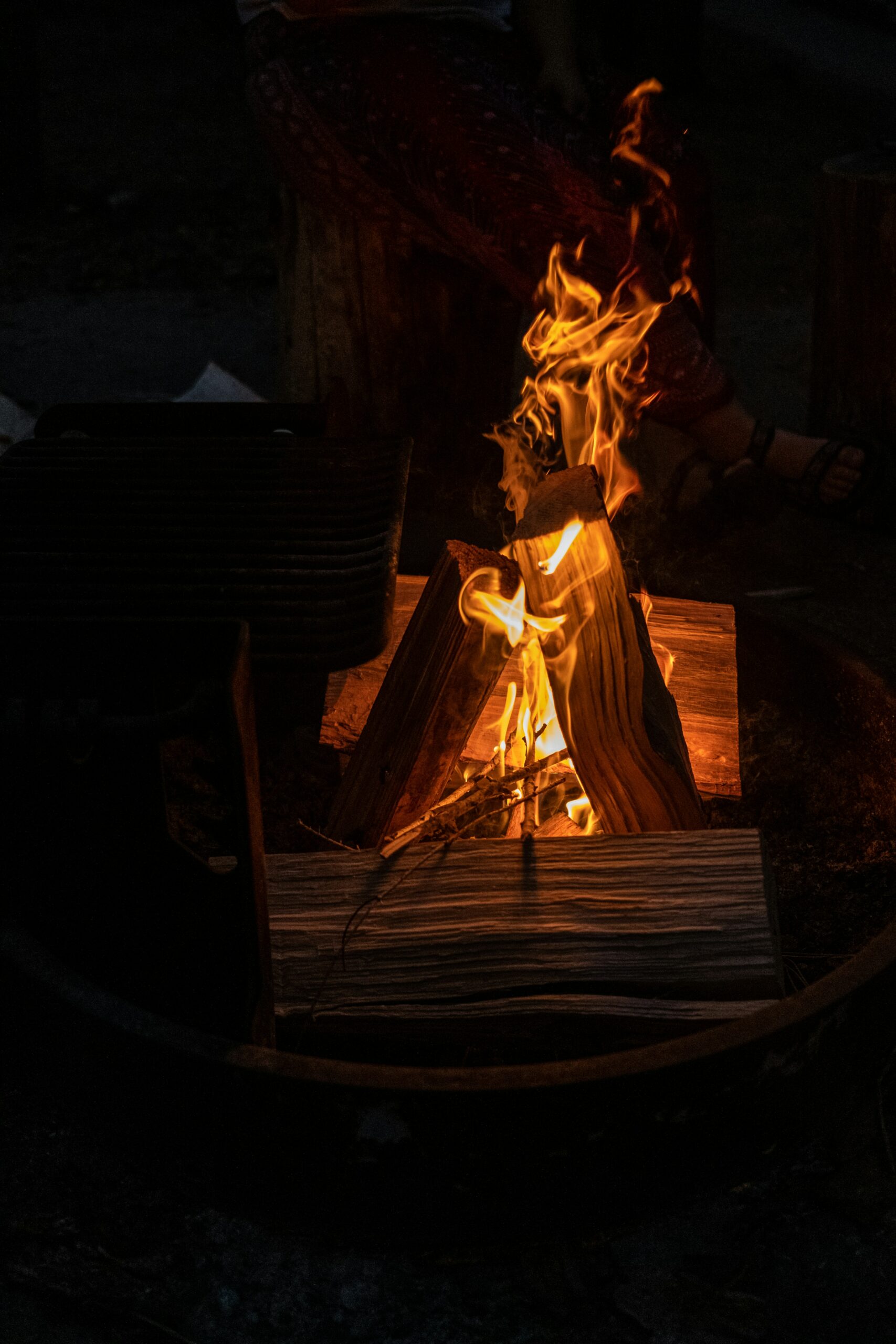The great news is, there are excellent alternatives that mimic the cooking style of a traditional stove, without the same risks! One alternative is a clean cooking stove.
What is clean cooking? Clean cooking according to the Clean Cooking Alliance is when we are
using modern stoves and fuels – [which] transforms lives by improving health, protecting the climate and the environment, empowering women, and helping consumers save time and money.
Clean cooking stoves can help to reduce the fuel emissions of cooking with traditional stoves, which can result in fewer health complications, improved air quality, reduced greenhouse gas emissions, and extra time to spend on more productive enterprises. Switching to a clean cooking stove is one small change we can make, to help protect our health and our planet!
Cooking delicious food is important to who we are.
Combining clean cooking practices with diversifying the ingredients we use is a great way to celebrate and support good food for all. By placing importance on valuing natural resources, we can start to shift our traditional thinking about cooking and food consumption. What better way to support this ambition than for the Chefs’ Manifesto to team up with Power for All, BURN and Chef Nic Odhiambo to cook a Future 50 Foods diverse recipe with a clean-cooking stove?
After touring the production factory, Chef Nic decided to use the clean cooking stove to prepare a traditional meat pilau dish, but swapping the meat for beans.
You could make this dish using Adzuki beans, Cowpeas, Fava (Broad) beans, Bambara beans or Black Turtle beans… all of which are Future 50 Foods and packed with nutrients!
Chef Nic writes:
Traditionally in East African countries, this (pilau) dish is made not with beans but meat. However in a world in which, we are encouraged to reduce our meat consumption owing to imminent environmental factors, we thought it best to swap the meat with beans.
More than environmental superheroes, beans offer us a rich source of fibre, protein and B vitamins. They are eaten in many dishes all over the world and have a mild flavour and meat-like texture, making them a sensible swap for meat in stews, soups and sauces.
To celebrate this year’s World Food Day on 16 October, and in response to Social Gastronomy Movements’ Universal Plate campaign, Chef Nic’s team cooked this pilau dish to feed a local temporary refugee camp. Wow!
Chef Nic stated:
In summary, we used an eco-friendly stove to cook a Future 50 Food dish in response to a call to cook for and serve those in need in our communities. This demonstrates that in thinking about the challenges to our food systems, our solutions ought to be multi-faceted because the challenges are multi-thronged and come from different directions.
W couldn’t have put it better Chef Nic! To accelerate good food for all and to transform our food systems, we have to look at multiple solutions to combat multiple problems.
Diversifying our diet to include more and healthier foods, and cooking them using clean cooking practices, is a great way to both safeguard our cultural identity and flavours, as well as help protect our planet. As we approach Cop 26, let’s all consider what actions we can take to eat more climate-friendly cuisine!








